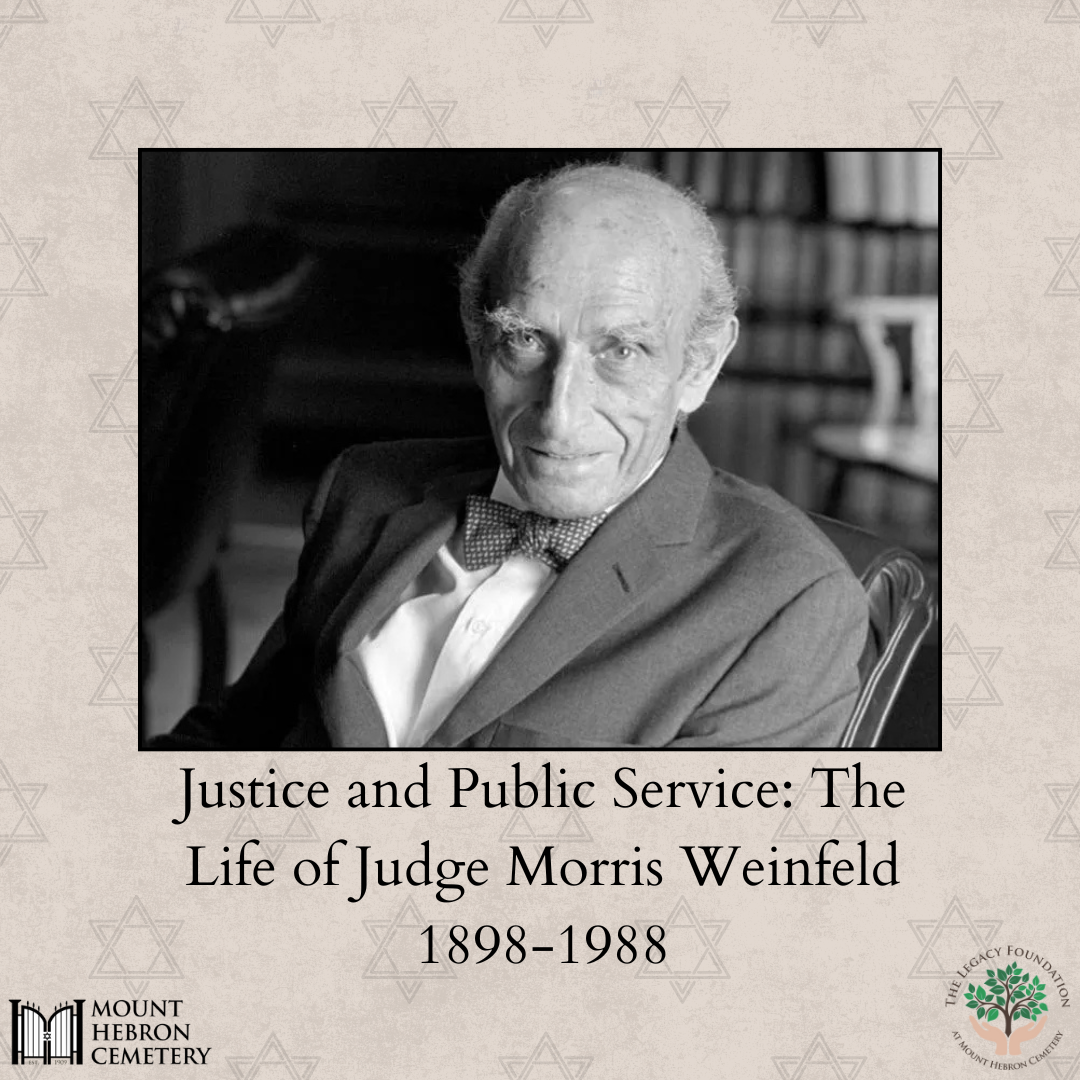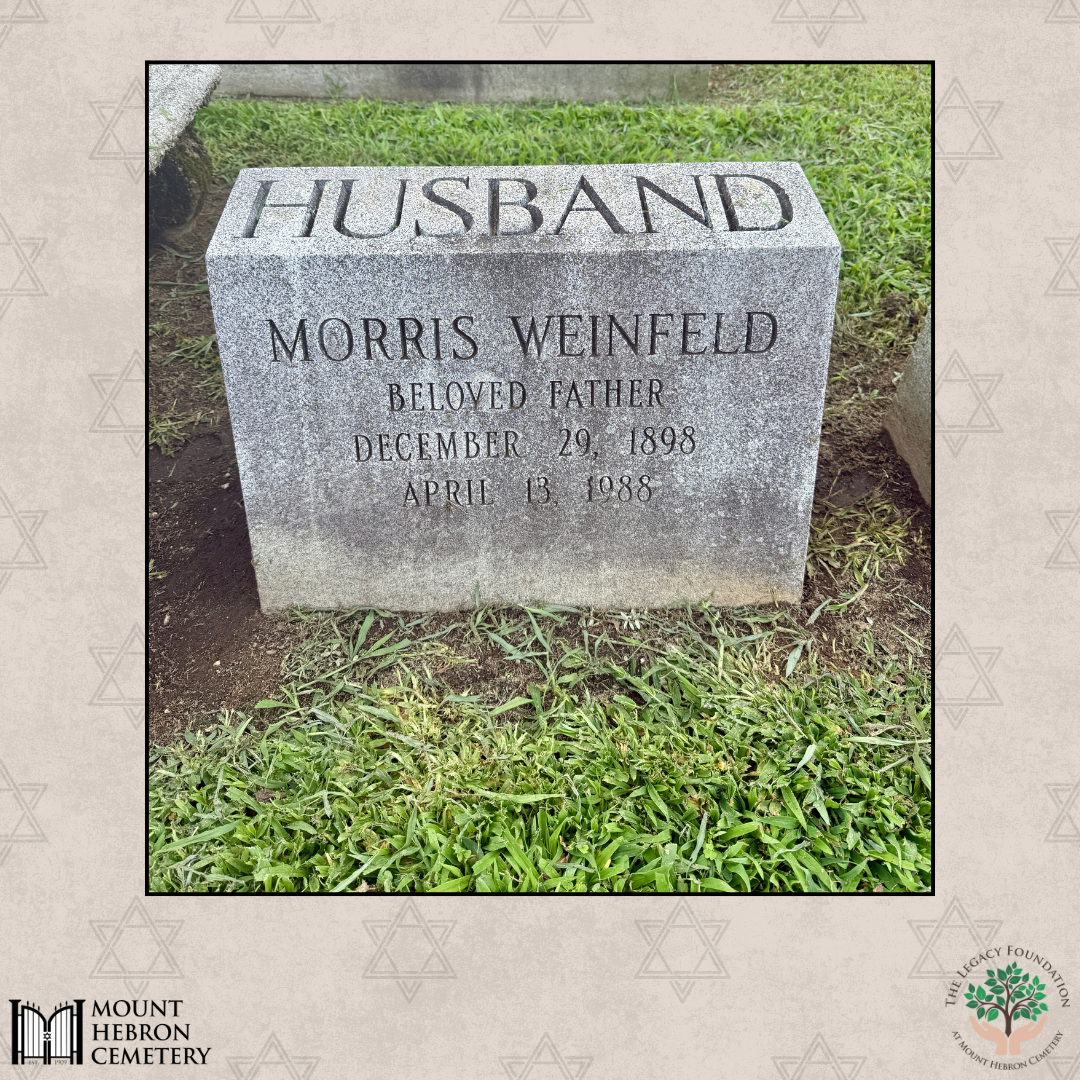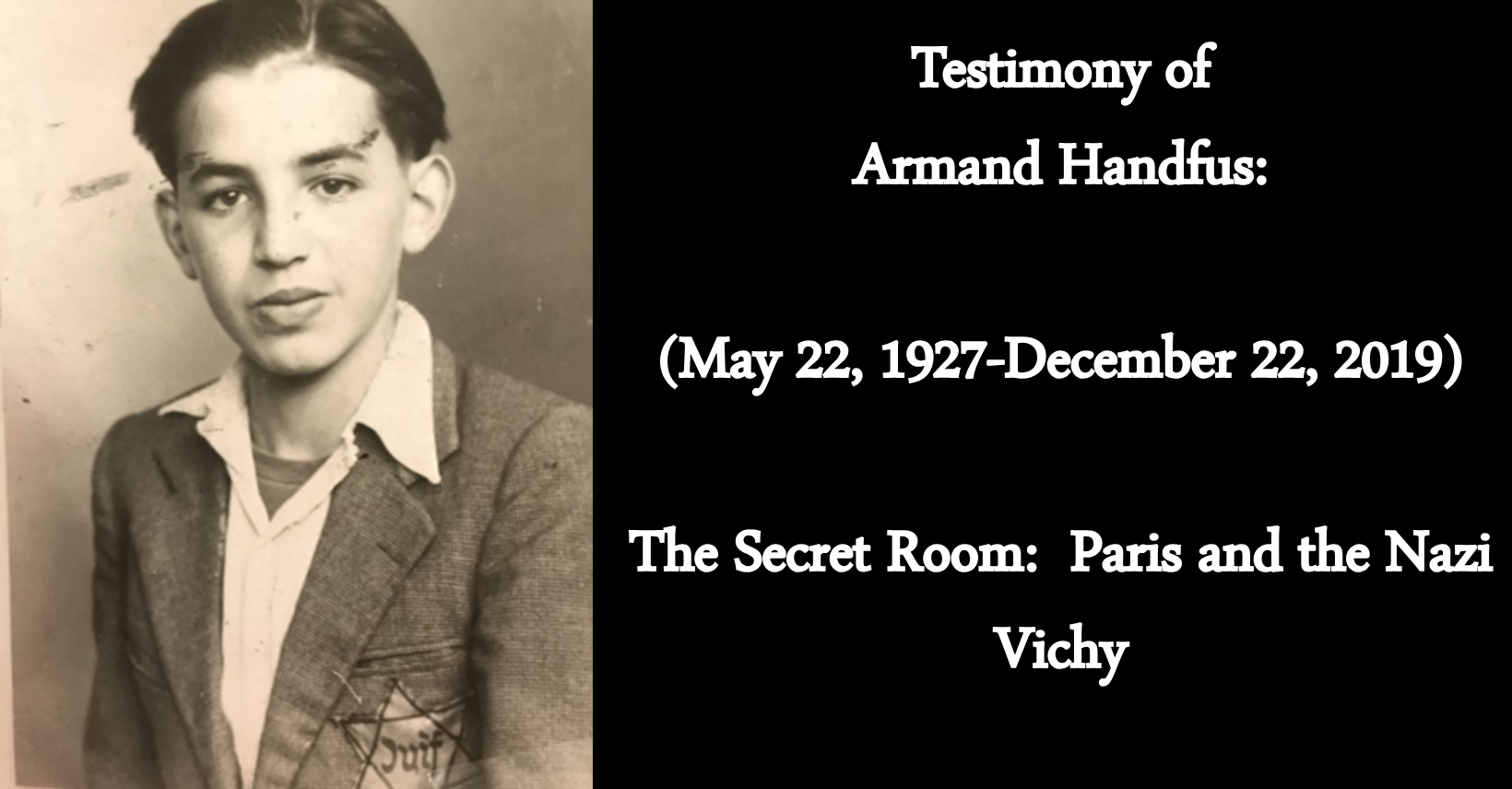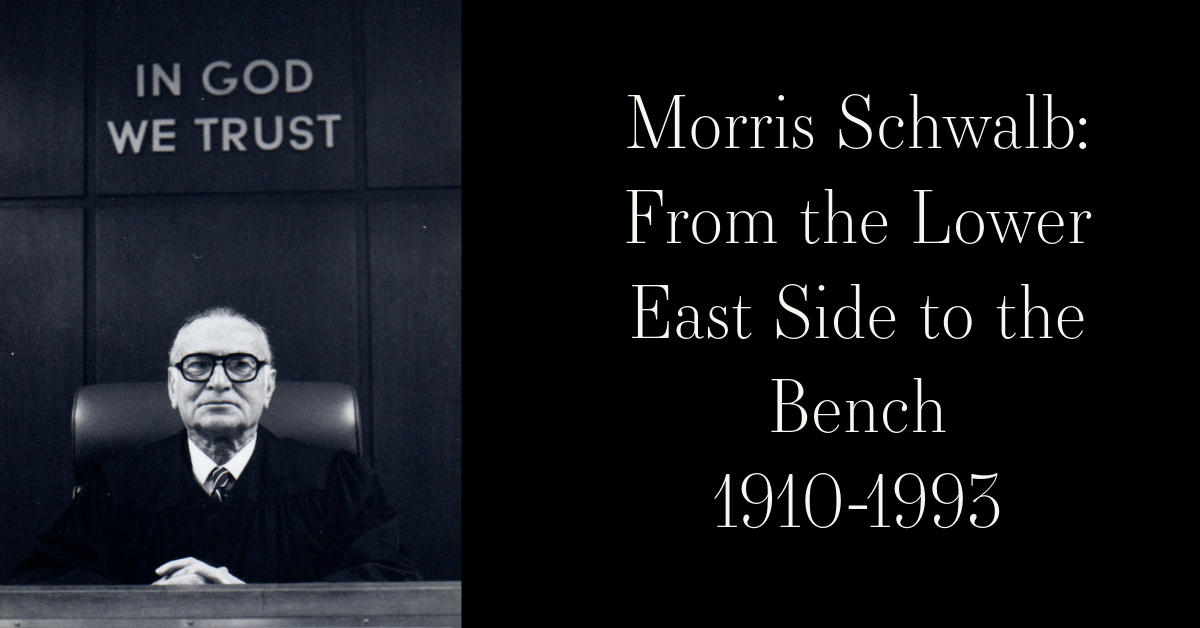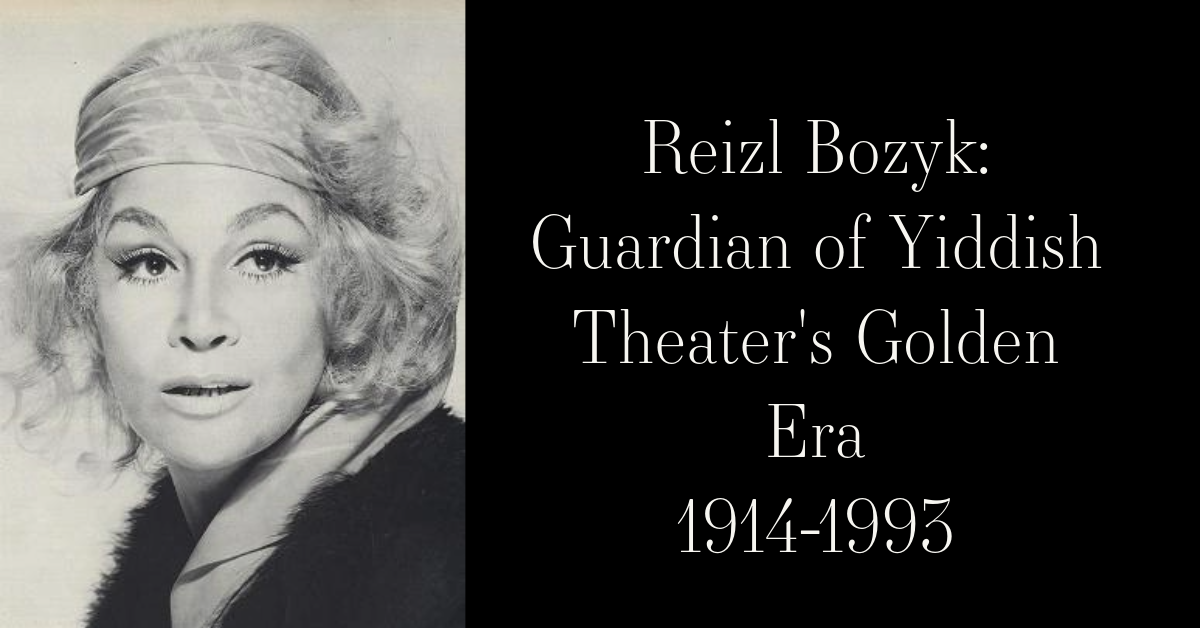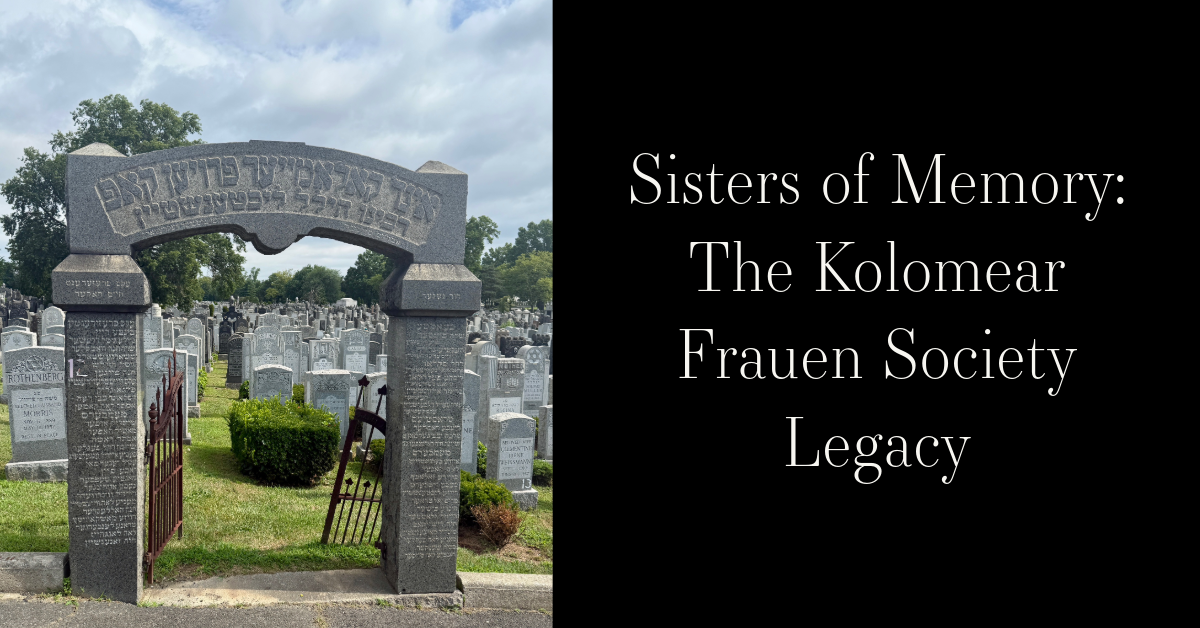Story Summary:
Morris Weinfeld (1898-1988) was a Jewish-American lawyer, state legislator, and judge whose career reflected a deep commitment to justice and public service in New York City. Born in Manhattan and educated at NYU Law, he served four terms in the State Assembly before working as Deputy Attorney General and on the National Labor Relations Board. In 1960, he was appointed to the New York City Criminal Court, where he earned a reputation for swift and decisive rulings. His personal life included a highly publicized legal dispute and later marriage to Jewish civic leader Beatrice Ladin Block. Weinfeld passed away in 1988 and is buried at Mount Hebron Cemetery. May his memory be a blessing. ~Blog by Deirdre Mooney Poulos
“Justice and Public Service: The Life of Judge Morris Weinfeld”
Morris Weinfeld (December 28, 1898 to April 13, 1988) was a Jewish-American lawyer, politician, and judge whose career spanned multiple decades of legal and civic transformation in New York. Born in Manhattan to immigrant parents Abraham Weinfeld and Fannie Singer, Morris came of age in a city teeming with political energy and cultural evolution. He graduated from NYU School of Law in 1921 and quickly entered private practice at 25 Broadway, demonstrating a sharp legal mind and a drive for public service early in his career.
In 1923, at the age of 25, Weinfeld was elected to the New York State Assembly as a Democrat representing New York County’s 6th District. His election was immediately contested over disputed ballots, a challenge he met with characteristically aggressive legal maneuvering. He ultimately prevailed in court and was seated, serving four consecutive terms through 1927. During his time in Albany, Weinfeld was part of a generation of Jewish-American legislators who helped reshape urban political life in the interwar years.
After leaving the legislature, he went on to serve as Deputy Attorney General of New York and later held a post with the National Labor Relations Board, helping to shape evolving labor law at a critical moment in American history. His work during this era reflected a broader push for economic fairness and labor protections, aligning with the progressive currents of the New Deal period and the expanding influence of Jewish legal professionals in national policy circles.
Weinfeld’s judicial career began in earnest in 1960 when he was appointed a judge on the New York City Criminal Court. Known for his no-nonsense courtroom demeanor and dedication to efficient justice, he reportedly kept attorneys on their toes with trial dates issued on just 24 hours’ notice. This reflected his belief in reducing delays and clearing dockets, prioritizing the public’s interest in swift, fair adjudication. One of his colleagues remembered him as “a judge no one expects to reverse on appeal,” a testament to the precision and clarity of his rulings. He remained on the bench until 1968, presiding over a transformative period in New York’s criminal justice system.
Following his time on the bench, Weinfeld returned to private practice, joining the Manhattan law firm Blum, Haimoff, Gersen, Lipson, Garley & Neidergang. There, he continued to serve clients with the same rigorous standards he upheld in court, working well into his later years.
His personal life was not without drama. His first marriage to Beatrice Margel ended in separation, but not before a sensational episode in which Weinfeld invoked the Mann Act to initiate legal proceedings against singer Arthur Tracy, who had developed a relationship with Margel. The story made headlines at the time, illustrating both Weinfeld’s legal resolve and the complexities of public-private boundaries in the lives of prominent figures.
In 1938, Weinfeld married Beatrice Ladin Block, a widow and respected Jewish communal leader. Their union was not only personal but symbolic, uniting two influential individuals within New York’s Jewish civic life. Together, they represented a generation that bridged the immigrant experience with public leadership and professional achievement. Morris was also the older brother of Edward Weinfeld, the distinguished U.S. District Court judge known for his landmark rulings and lifelong service on the federal bench. The two brothers shared not only a name but a legacy of legal excellence, community engagement, and deep-rooted commitment to public duty.
Morris Weinfeld passed away from cardiac arrest on April 13, 1988, in a nursing home in Queens. He was laid to rest at Mount Hebron Cemetery in Flushing, a site of historical and cultural significance within New York’s Jewish community. His grave lies among fellow legal minds, civic leaders, and artists who helped shape the life of the city and the country.
May his memory be a blessing.
~Blog by Deirdre Mooney Poulos
Work Cited:
"Judge Morris Weinfeld, 89, Dies; Served in Criminal Court." The New York Times, 14 Apr. 1988, p. B6. NYTimes.com.
New York (State). Legislature. Assembly. The New York Red Book. Albany: J.B. Lyon Company, 1924–1927 editions.
National Labor Relations Board. Annual Report of the National Labor Relations Board. U.S. Government Printing Office, 1935–1940.
Phi Sigma Delta Fraternity. National Alumni Directory. Phi Sigma Delta, 1950.
Weinfeld, Edward. Courthouse Chronicles: Recollections of a Federal Judge. Unpublished memoir excerpts, referenced via legal biography archives, Southern District of New York Historical Society.
Jewish Telegraphic Agency. “Mrs. Beatrice Ladin Block Marries Judge Morris Weinfeld.” JTA Daily News Bulletin, 12 May 1938.


